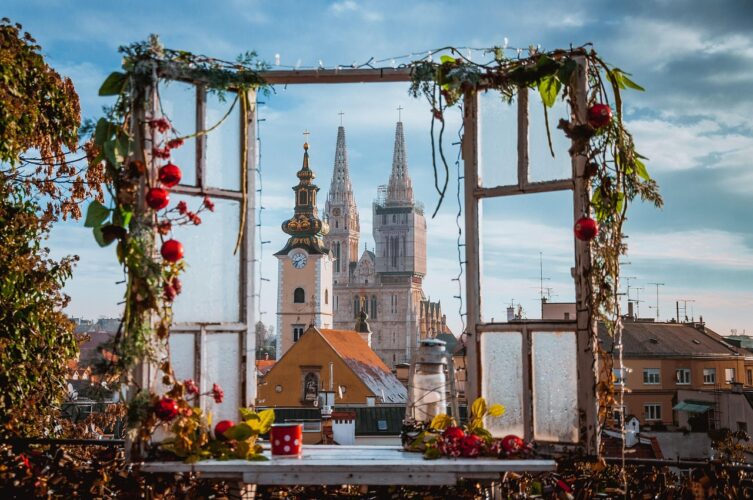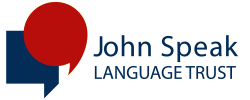Case Study: Gabriel Anderson – Croatia 2024 – 2025

My time in Zagreb has come to an end and what an amazing time I have had during this 6 month period.
When I first received the news that I would be able to study Croatian language at the Faculty of Humanities and Social Sciences, I was overjoyed. After attending language classes at University College London for the past three years and taking modules in the history of the Balkans, I was very excited to immerse myself into the world of Zagreb and get to know my own identity better as a half Croatian.
I lived in a student accommodation with both Croatian and international students, not only was I able to meet people from around the world but I could practice my language skills with locals who had the answers to a million questions I had about grammar, popular idioms and culture. Although I was apprehensive at the thought of sharing a room, I soon adapted. I learned that it was pretty much unheard of for student accommodation rooms to be for only one person in Zagreb so if everyone else can do it, so could I. Another thing about student accommodation in Zagreb is that unlike the UK, most students live in halls during the whole of their five year degree.
My language class was every morning Monday to Friday starting at 8am, this meant no sleeping in late until the weekends which was a blessing and a curse. I was enrolled in the B1-B2 class which had around 15 people from all over the world learning Croatian language: my classmates were from Italy, Peru, Argentina, Chile, Germany, Colombia, Georgia, Nigeria, the US and Australia. It was a very nice mix of people, all learning Croatian for different reasons, some wanted to live and work in Croatia, some had Croatian ancestry and others attended as part of their university courses.
I really enjoyed the language classes, Croatian is a very difficult language with grammar rules a native english speaker would find very hard to grasp. For example, in Croatian there are grammatical cases which we used to have in the old english language but the concept was very unfamiliar when I first learned about it. It means that a noun can have seven different word endings depending on the context of the sentence. If one wanted to say the word “grad” (meaning city) the word would change depending on the grammatical case e.g. “radim s gradom” (I work with the city). Exams proved difficult but I am proud to say that I completed the diploma with a top grade.
I think the biggest way my Croatian language improved was by abandoning any ideas of speaking English and only conversing in Croatian, no matter how imperfect I sounded at first. This was the quickest way to pick up the language because any mistakes I made became very memorable due to the social act of trying to speak a foreign language. By the end of my 6 months, my Croatian was greatly strengthened and I spoke with so much more confidence which, in turn, cultivated better fluency.
During my time in Zagreb, I was able to travel around the region, this was an amazing opportunity that the John Speak Language Trust helped make possible for me. Discovering parts of former Yugoslavia such as Belgrade, Sarajevo and Mostar was eye-opening as I was able to speak and converse with locals there using my Croatian language skills.
I would like to say a massive thank you to John Speak Language Trust for helping to develop my Croatian written and verbal skills and for all the support they provided during my time abroad.Writing reports and sound files each on different topics every month was an extremely useful way for me to keep account and reflect on both my language learning journey and my experience of living in another country. I could not recommend this scholarship enough!
